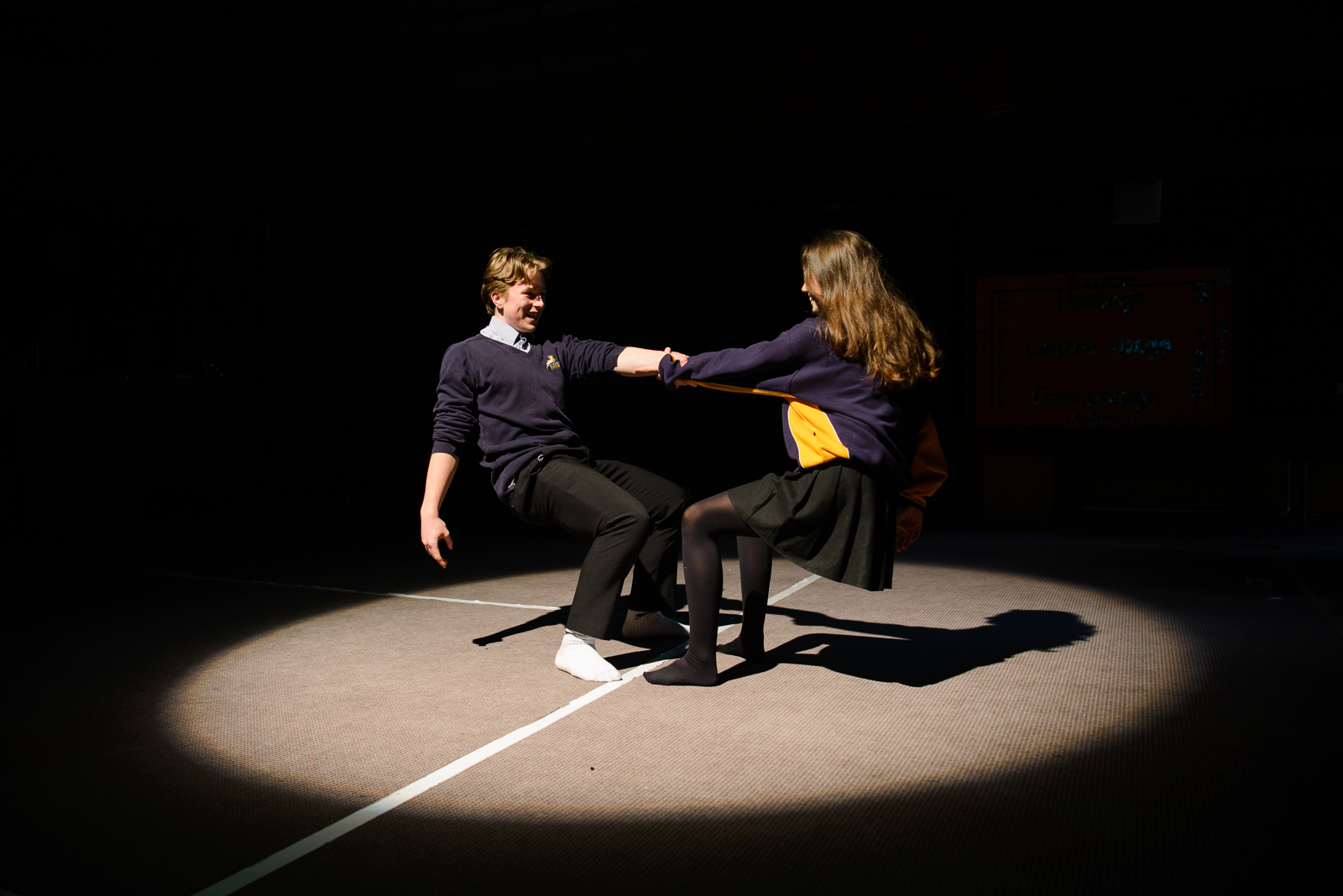Are You Sleeping?

Sleep. Are we getting enough?
Sleep is critical. To all of us. No matter our age. It's critical to physical health and to having an effective immune system. It's critical to our mental wellbeing and to creativity and learning.
Lack of sleep makes us tired, irritable and unfocused.
Teenagers need 8-10 hours sleep. Adults need 7-9 hours. Some people definitely need more sleep than others and different factors too can affect how much you need.
To many teens, staying up late, scrolling through social media and chatting with friends on their phones may seem second nature. To their parents, less so. As adults, we realise the importance of sleep in order to be able to function. In this pandemic era, sleep is something that many of us are now struggling with. Whether it's worries about exams or no exams, friendships, health, climate crisis, finances, the news, relationships, work... the list goes on. One thing is clear - many of us are spending too much time on our devices in the evening (when we may have time to catch up with the news or social media), and in the run up to 'bedtime'. If you catch yourself 'doom-scrolling', i.e. reading through negative online stories, stop. In fact, find an alternative to endless scrolling. Read a book. Chat with a friend.
Some of our pupils have been talking with our Pastoral team about how they are finding it hard to get to sleep. We asked them what was stopping them sleep and what strategies they have in place to find a solution:
Some Problems:
(Year 7) I can't get to sleep, then I can't wake up in the morning and then I feel moody.
(Year 8) I feel more tired now I don't move around in school. I feel more tired through the day but struggle more with sleep at night.
(Year 9) Anxiety, nervousness and overthinking - all stop me sleeping.
Some Solutions:
(Year 7) My mum makes me leave my phone downstairs.
(Year 7) My dad is reading to me.
(Year 8) I read until I feel sleepy.
(Year 9) No screens, no late sugar - that's the rules.
The first thing to remember is that if you found January difficult, well January is often a difficult month; let alone when you add a global pandemic into the equation. The fact that it's winter, there's less exposure to natural light and many of us are doing less physical activity. But things start to look up in February as the days get longer, we have a half term break and can change our routine, and things generally start to look brighter out there.
Various factors may combine to make it harder to drift off at night, to stay asleep, and to get good quality sleep. We know the things we should avoid before we go to sleep. Avoid stimulation. No caffeine, no sugar or sugar substitutes, no big meals, no long drinks, no binge watching box sets, no 'just one more' games, no endless scrolling through social media...
Do...
Exercise. Physical activity during the day or early evening should help you sleep at night. So whether you walk, run, cycle, skip, do active yoga, use weights or are gardening, you may find that as a result of exercise you fall asleep faster, and sleep better.
Be aware of light. Natural daylight is a plus, whether you are out for a walk or sat by a window. In the evening, reduce the amount of blue light from your devices and put time between your last look at your phone and going to bed.
Remove devices from your bedroom at night. If you use your phone as an alarm for the morning, get an alarm clock! Charge your phone elsewhere. Why not have a family agreement that everyone leaves their phone in a communal space before going to bed.
Have a routine. Go to bed at a regular time. Wind down beforehand. A warm bath perhaps. Read a book. Dim the lights. Do some gentle yoga or breathing exercises. Quiet your mind.
Focus on your breath. If your mind starts whirling, stopping you from dropping off to sleep, there are tactics you can use to bring it back. Focus on your breath. If your mind starts to wander, gently guide it back to the inhale and exhale. Some people find that the repetition of a word - which could be as simple as 'the' or the Buddhist mantra 'Om mani padme hum' - helps to bring their mind back and stop it trying to dash off elsewhere!
Useful Links:
Matthew Walker in his book 'Why We Sleep' writes "Of the many advantages conferred by sleep on the brain, that of memory is especially impressive, and particularly well understood. Sleep has proven itself time and time again as a memory aid: both before learning, to prepare your brain for initially making new memories, and after learning, to cement those memories and prevent forgetting." So, have a look at the links above and see if you can find solutions for any sleeping issues you may have.

